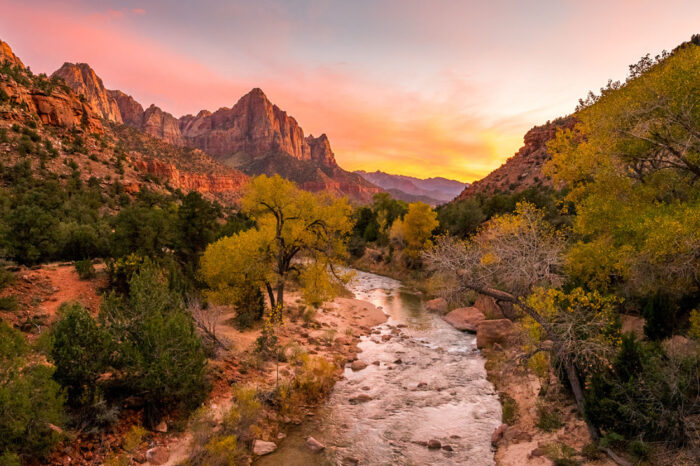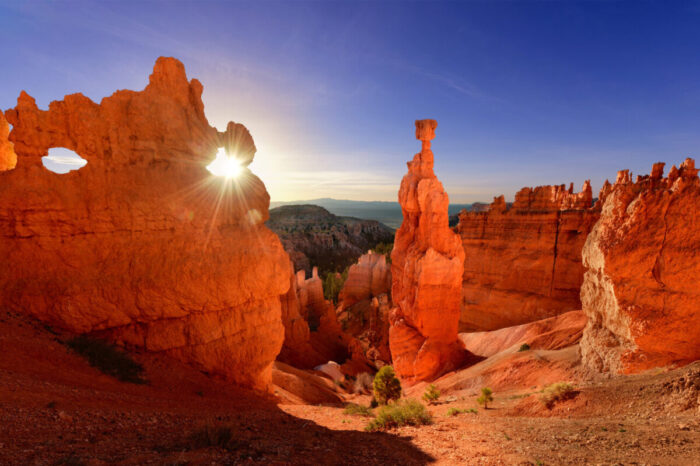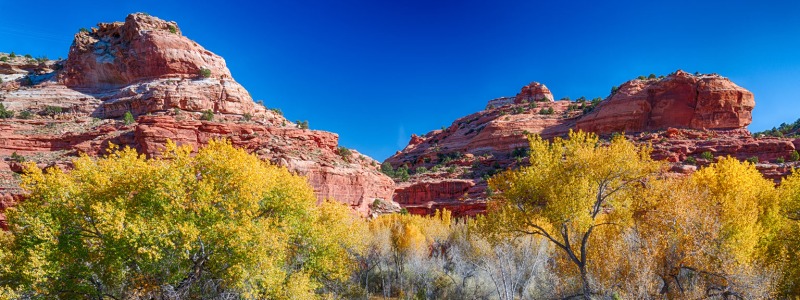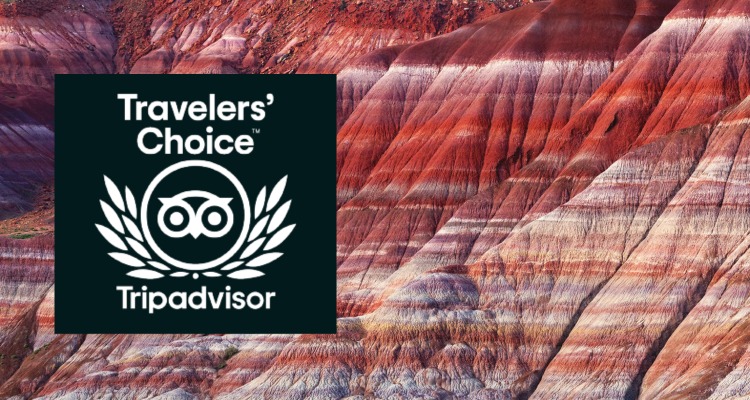Grand Staircase Escalante Hiking Tours
« HOME « VIEW ALL DESTINATIONS
GRAND STAIRCASE ESCALANTE HIKING TOURS
 UTAH, USA
UTAH, USA
Rumored to become the sixth National Park in Utah, it doesn’t take much time in Grand Staircase Escalante National Monument to understand why.
 Established in 1996, the Monument spans over 1.87 million acres to protect geologic wonders, Native American heritage sites, and some of the most important fossil excavations ever found. With its extremely remote location, the Monument is treasured for its peacefulness and quiet character.
Established in 1996, the Monument spans over 1.87 million acres to protect geologic wonders, Native American heritage sites, and some of the most important fossil excavations ever found. With its extremely remote location, the Monument is treasured for its peacefulness and quiet character.
We have several options for visiting Grand Staircase Escalante, with both camping and lodging based itineraries available. These tours will also have you exploring iconic landscapes such as the nearby Bryce Canyon and Zion National Parks.
ALL GRAND STAIRCASE-ESCALANTE HIKING TOURS

Zion Bryce Escalante | 5-Day Camping Trip
Witness the astounding geology of ancient rock shaped by the rushing force of water as you hike through our favorite places in the desert of Southern Utah: Zion, Bryce Canyon, and Grand Staircase Escalante National …

Zion Bryce Escalante | 5-Day Lodging Trip
Experience the incredible geology of ancient rock formations carved by water as you hike through the landscapes of Southern Utah: Zion, Bryce Canyon, and Grand Staircase Escalante National Monument.
![]()
Why book a guided hiking tour to Grand Staircase Escalante?
![]()
Grand Staircase Escalante National Monument is a breathtaking vast landscape in Southern Utah that is best explored with the help of an expert guide. At MountainBased, our guides are knowledgeable about the local history, culture, and wildlife of the region, and are eager to share their insights with you as you hike through the National Monument. In addition to providing a deeper understanding of the park, our guides can also make your visit more hassle-free by recommending the best times and routes to see particular attractions such as Lower Calf Creek Falls and Calf Creek Canyon near the town of Escalante, UT. As a permit holder at the National Monument, we are also familiar with any trail closures, parking areas, visitor centers, and other important details, so you can simply relax and enjoy the beauty of Grand Staircase Escalante without worrying about logistics!
Each tour is great for couples, families, and solo travelers alike

More Information about Grand Staircase Escalante
![]()
Grand Staircase-Escalante National Monument is a protected area located in Southern Utah, United States. It was established in 1996 by President Bill Clinton as the first National Monument to be designated by the U.S. Bureau of Land Management (BLM). At 1.9 million acres, it is one of the largest National Monuments in the country and is known for its stunning geological features and rich cultural history.
The area that is now Grand Staircase-Escalante National Monument has a long and fascinating history. It was once home to the Anasazi, a Native American culture that lived in the region from approximately AD 500 to 1300. The Anasazi are known for their sophisticated architecture, including the famous cliff dwellings found in Mesa Verde National Park in Colorado.

Geologically, the area is a treasure trove of history. The monument is home to a series of sedimentary rock layers that record the history of the Earth over the past 200 million years. These layers include the Grand Staircase, a series of cliffs that rise from the bottom of the Grand Canyon and stretch north through the monument. The Grand Staircase is made up of five distinct rock layers, each representing a different time period in Earth’s history. The geology of the area is also home to a wide variety of flora and fauna. The monument is home to over 1,000 species of plants, including cacti, yucca, and agave. The area is also home to a variety of wildlife, including mule deer, bighorn sheep, and mountain lions. In addition to its rich cultural and geological history, Grand Staircase-Escalante National Monument is also known for its rugged beauty. The area is home to a variety of landscapes, from red rock canyons and towering sandstone cliffs to lush forests and alpine meadows. It is a popular destination for hikers, rock climbers, and nature enthusiasts.
Overall, Grand Staircase-Escalante National Monument is a unique and fascinating place that is rich in history, geology, and natural beauty. It is a must-see destination for anyone interested in the natural world and the history of the American Southwest.


